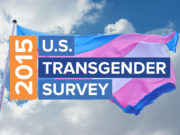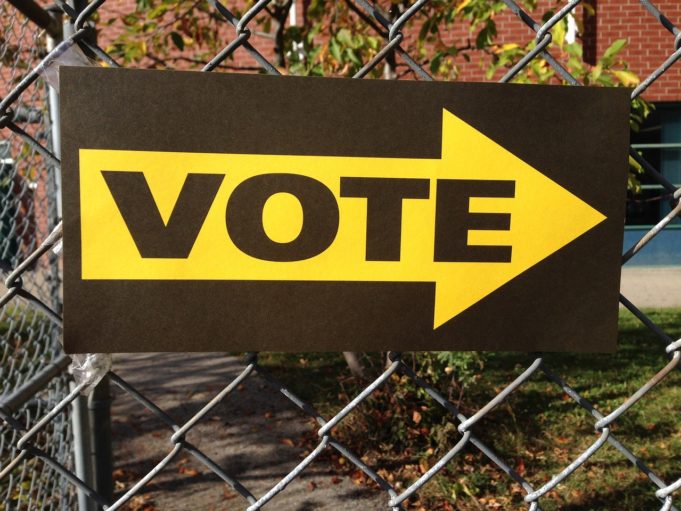According to a study by the Williams Institute, up to 34,000 transgender voters may be disenfranchised due to strict voter ID laws in eight states.
“Lawmakers and election officials should not overlook the impact on transgender voters when enacting voting restrictions based on identity documents.”
The study was led by Scholar Jody L. Herman Ph.D., who found that thirty percent of the voting-eligible transgender population in the eight states will face barriers with regards to voting due to the strict voting laws. Herman also found the primary reason that 34,000 of 112,000 eligible voters who have transitioned will no longer be eligible is because they do not have identification that accurately reflects their gender.
The eight states in question are Alabama, Georgia, Indiana, Kansas, Mississippi, Tennessee, Virginia and Wisconsin. They require voters to present government-issued photo identification in order to vote at the polls. If a voter does not present an acceptable ID, as determined by poll workers or election officials, they will have to vote a provisional ballot and provide an acceptable ID within a specified timeframe in order for their vote to count.

Data compiled from the National Transgender Discrimination Survey (NTDS) found 27% of transgender citizens who have transitioned reported that they had no identification documents or records that list their correct gender. If the data is correct it means that an estimated 261,000 transgender citizens who have transitioned in the United States have no updated identification or records. Transgender people of color, youth, students, people with low incomes and people with disabilities were more likely than the average NTDS respondent to have no updated identification documents or records according to the study.
When presenting identification that did not accurately reflect their gender, many NTDS respondents reported being harassed (41%), being asked to leave the venue where they presented the identification (15%), and being assaulted or attacked (3%).
“Lawmakers and election officials should not overlook the impact on transgender voters when enacting voting restrictions based on identity documents,” said Herman. “Voter ID laws impact many citizens who would otherwise be eligible to vote. Transgender people have unique, and sometimes insurmountable, burdens to obtaining accurate IDs for voting in states that require it.”
You can check the status of your voter registration here.
































